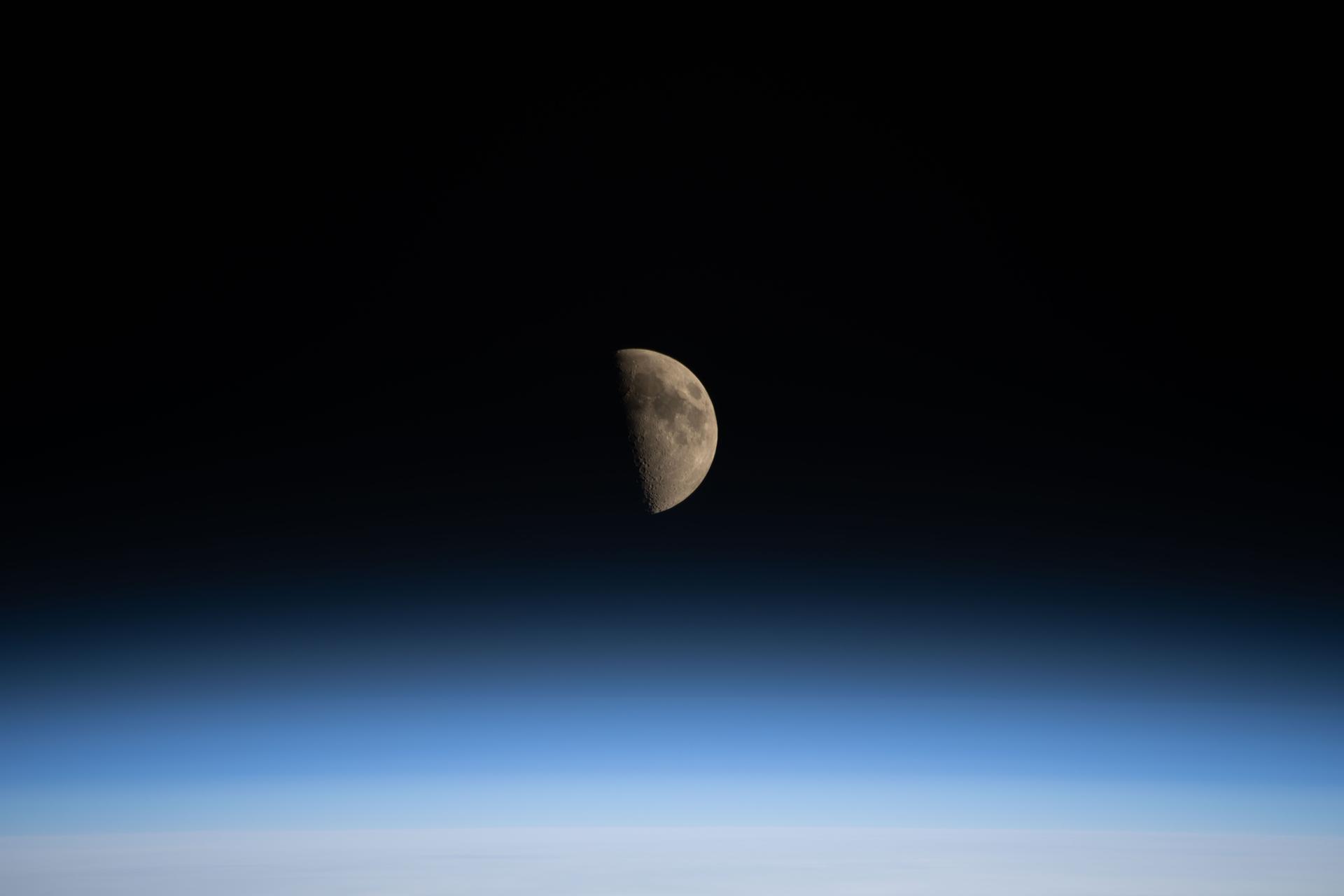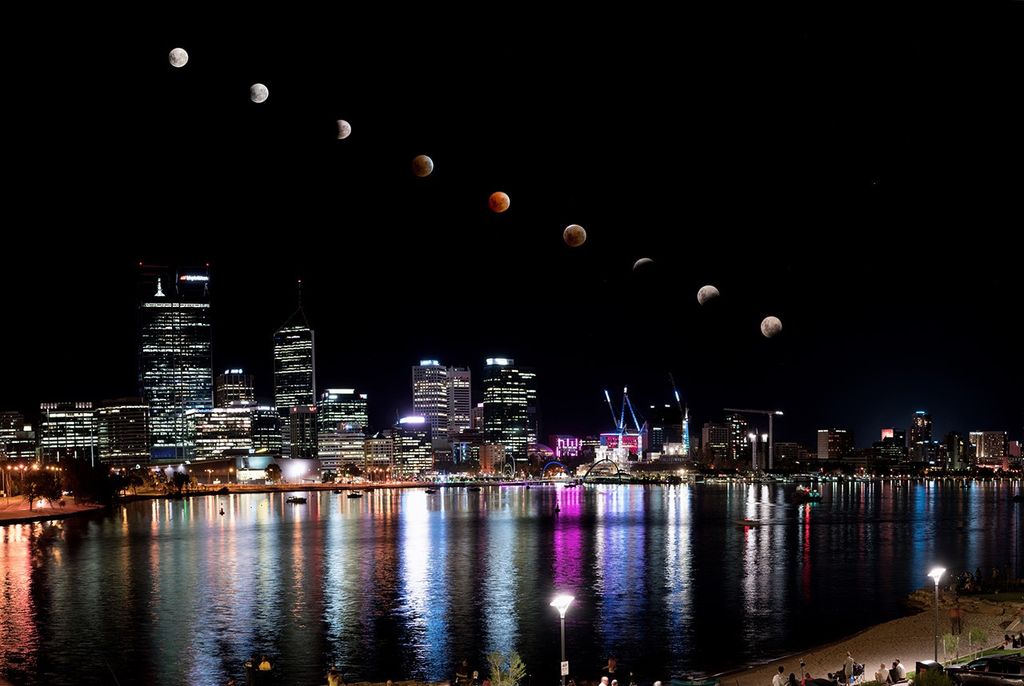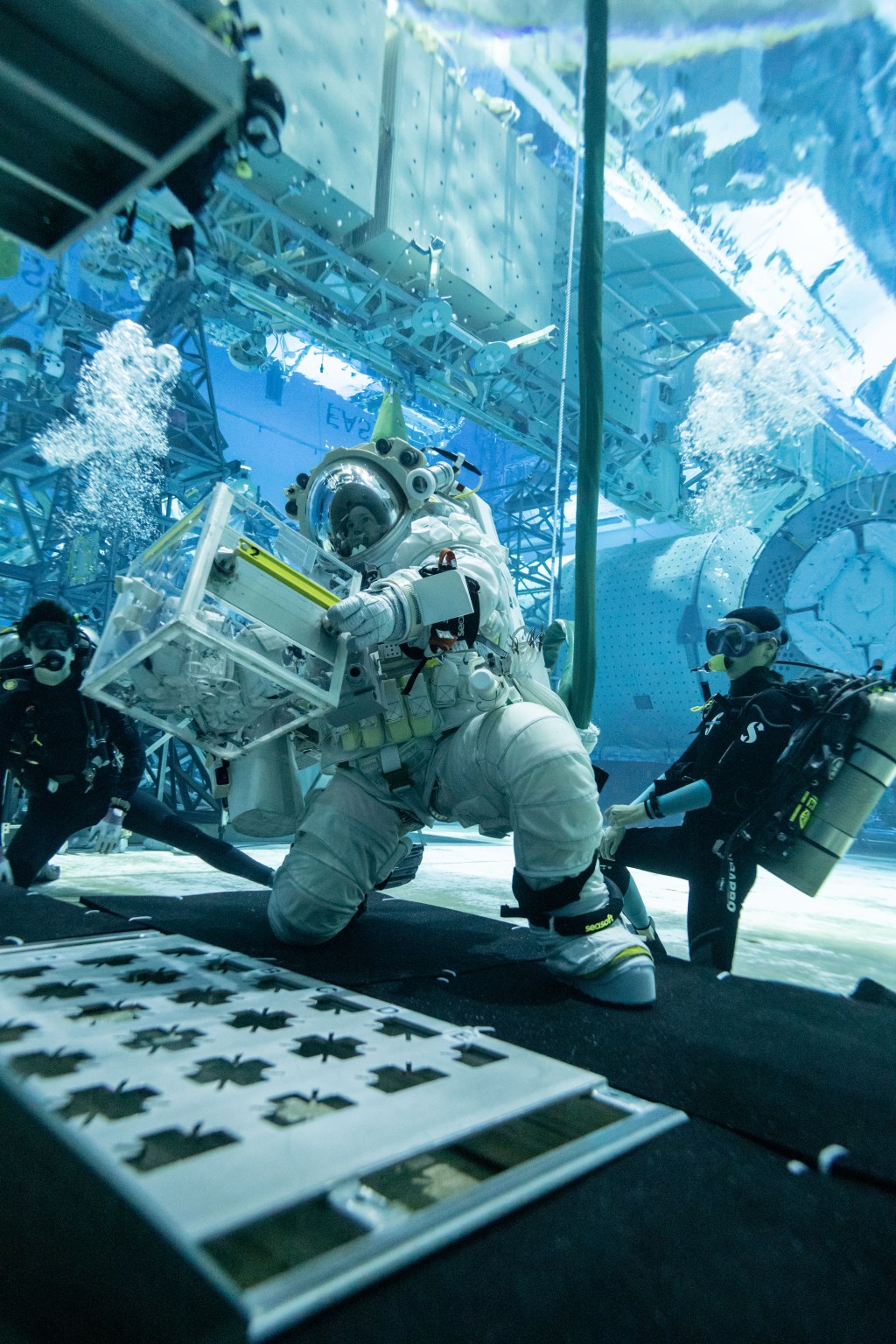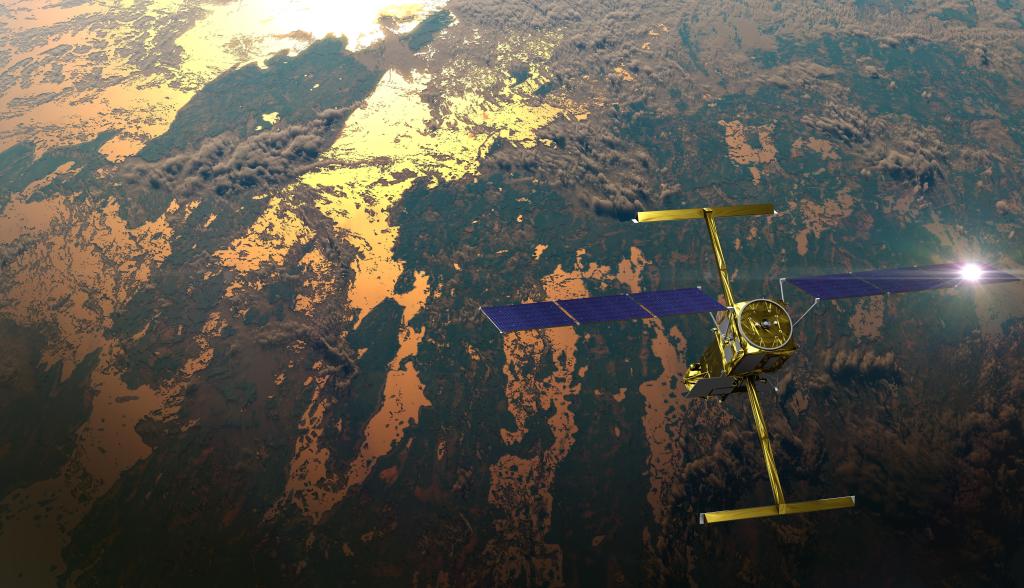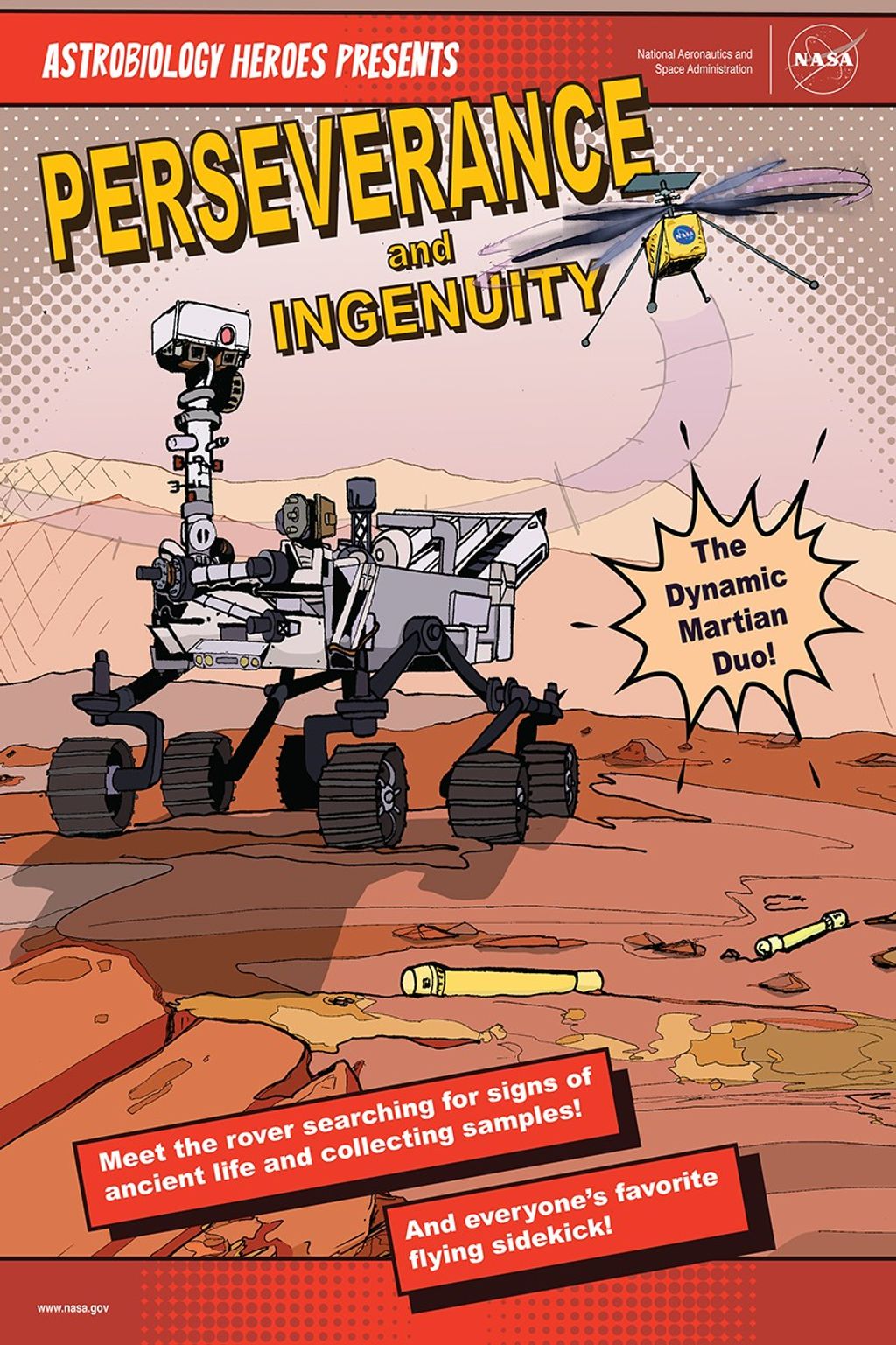PI Launchpad: Questions and Answers
July 24-28th, 2023 University of Michigan, Ann Arbor
This document will be updated frequently, so please check back regularly. Send any questions to hq-smd-piworkshop@mail.nasa.gov. Last Updated: January 9th, 2023
New questions and answers will be shown in underlined italics (this is new text). Deletions will be shown as struck-through text (this is deleted text).
- What does “appropriate time” mean in Question 1?
By this, we are curious about what motivates your science idea now. This will be different for each idea, but may include such things as: planetary orbits or orbital constraints set by other objects; launch opportunities or ride shares; new technology that is recently available; the launch of new telescopes or instruments that has provided new data to work with.
- Will I learn leadership skills at this workshop?
No. This workshop focuses on providing information on the process of early mission development. We do not provide leadership development or training. While there are many places to receive leadership training and grow as a leader, the PI Launchpad provides a unique experience focused on mission development. The limited time for the workshop means we can’t cover all topics.
- What makes a science question innovative or transformational in Question 1?
For PI-led missions, NASA Is looking for science objectives that will represent a significant improvement over the previous state of the art. These must be rooted in decadal priorities, and give a leap in capabilities (i.e. 10x better, clear threshold of improvement, new locations, etc.)
- I have never been the leader of a team. How can I answer Question 2?
All questions can be answered just by having been part of a team. You may have experience with good or bad leaders which can inform your views on leadership and what obligations they might have.
- What types of proposals meet the prerequisite to have submitted a proposal?
A proposal to any research, technology, education, or similar call — whether offered by NASA, the NSF, some other government entity or a private philanthropic organization — is acceptable. Fellowships that require a science proposal are also acceptable.
- I am listed in an existing mission proposal or currently operating mission in one of the noted leadership roles (PI, Deputy PI, etc), but I did not participate in writing the proposal (i.e. I took on this role after the mission started) or I was brought in at the last minute during the proposal writing process. Am I still able to apply?
In the case where you were not significantly involved in the mission development from an early stage or were not involved at all, you are still able to apply. This workshop is geared towards the first steps in mission development, so if you do have experience in this, you are not encouraged to apply.
- If I was in a leadership position on a suborbital project (sounding rocket, balloon or airborne program), am I eligible to apply?
Absolutely! Suborbital projects are different in many ways from AO-competed missions and not all of the skills learned in a suborbital project are readily transferable to a space-flight investigation.
- What do you mean by “people with potentially intersecting marginalized identities”?
This includes people who may be marginalized on more than one axis (member of a marginalized minority group and marginalized sexual orientation, as an example), or who may have other intersecting marginalized identities. There is no preference given for type of marginalization, though.
- Will I have to have material reviewed by my organization in order to apply?
No. The application will be submitted through the NASA Solicitation and Proposal Integrated Review and Evaluation System (NSPIRES) as a “Notice of Intent.” Notices of Intent do not need to be submitted by an applicant’s institution.
- If there is intellectual property associated with the proposed project that could be commercialized, to what extent is the proposal kept confidential?
Please do not share confidential information in your application materials. Applications will be kept confidential following NASA policy on all proposals, but that level of detail is not required for Question 1 regarding science case. If selected as a workshop participant, none of your proposal materials will be shared with anyone and all of the progress that you make during the workshop will not be shared. As a participant in the workshop, you will be required to share aspects of your science and mission concept during the workshop with small groups. We suggest determining ahead of your application submission what you feel comfortable sharing in the workshop environment.
- Will people be able to participate by tele-presence? Will the materials be online and accessible after or during the workshop?
This workshop will be in person. All participants must attend in person since there will not be a virtual option for the 2023 workshop. Travel costs for all admitted participants will be covered. Some pre-work material will be available online prior to the workshop for participants to review.
Material from the 2023 workshop, including video recordings of talks and panels, pdfs of presentations, the Launchpad workbook, etc., will be available online after the workshop has concluded.
- Will I have to disclose my ideas to the other Launchpad participants?
Yes. It’s expected that the Launchpad participants will fully engage with each other’s ideas to help each other strengthen their science cases and develop their requirements.

